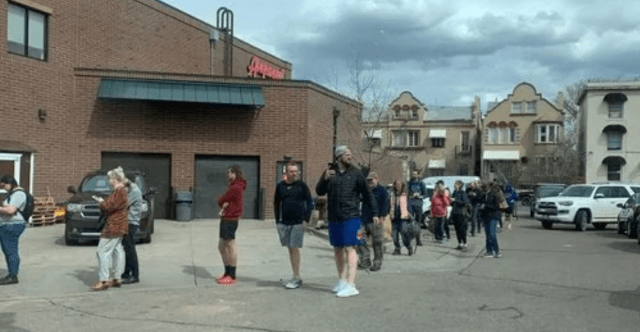
It is my wife’s turn to recover. She knows it. I know it. Getting here was anything but simple.
Alcoholism is a selfish disease. When I was drinking, I put my love of alcohol ahead of everything, including my wife and kids. I would never have admitted it, but it was true. When I decided to stop drinking, I put my work to stay sober ahead of everything, again, including my wife, Sheri, and our four kids. This time, the selfishness was necessary. But that doesn’t change the fact that my family continued to take a backseat to my addiction.








